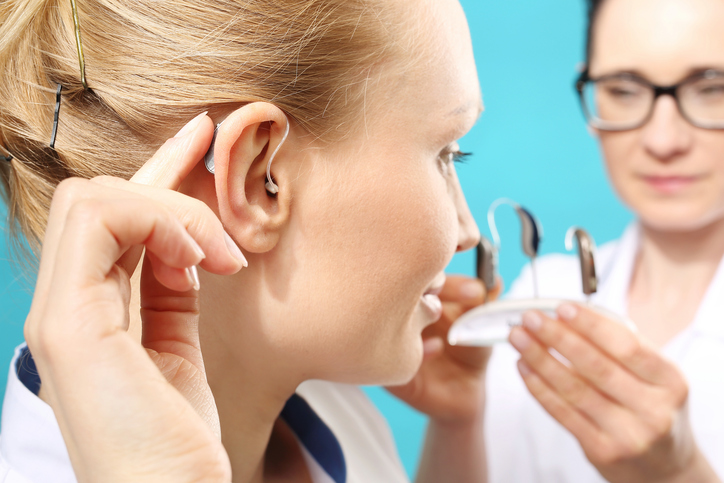
I get asked this question a lot. Quite a few years ago, Audiologists did not dispense hearing aids much, they specialized more in disorder of the ear and cochlear implants. Audiologist is a certified and licensed professional who has earned a master’s degree or Doctoral Degree in the field of audiology. Audiologist’s now fit hearing aids more as well.
Hearing Instrument Specialist or Dispenser can learn from other dispensers. Each state is different on the requirements that the Hearing Instrument Specialist needs. Some require a written and practical exam to be licensed and others require a two-year Associate in applied science degree (AAS). Hearing Instrument Specialists may also pass a national exam and become Board Certified Hearing Instrument Specialists (BC-HIS) with the National Hearing Instrument Society.
The big differences between Hearing Instrument Specialist and Audiologist are:
An Audiologist has more schooling, learns more about the disorder of the ear and has training with cochlear implants. They do have training in the hearing aid as well. If an Audiologist sees a disorder, they can diagnose it, but chances are they will have to refer the patient on to an ENT (Ear Nose Throat Doctor) for treatment of the disorder.
ENT’s primarily deal with the medical issues. Their focus is on things such as diseases, traumas, tumors, or abnormalities that impact these areas. They may also treat nerve issues that affect the movement of the head or neck and the senses. There are other areas as well, but they mainly focus on health problems that can be treated. Audiologist and Hearing Instrument Specialist focus is on the hearing health of the ear.
Hearing Instrument Specialist learn more about the hearing aid, how to fit the hearing aid and adjust hearing aids to the individual loss. How to repair, clean the hearing aids and how to spot a disorder in the ear. If a Hearing Instrument Specialist spots what appears (no diagnoses) to be a disorder in the ear, they will refer the patient on to an ENT.
If you choose an Audiologist or a Hearing Instrument Specialist for your hearing aid needs, you will not go wrong with either one. As in any specialty healthcare the most important thing
is you getting the help you need. You must be comfortable with the person helping you. This means you need to trust in their ability to treat you with respect, know how to help you and have the expertise you need. Every person is different in knowledge and ability to help you. Just like everyone needing help is different in their needs. It really does not matter what a title is if you are getting the help you need and feel comfortable getting it. My advice to you is choose the person that is the best fit for you, not the title.
At Accurate Hearing, in Anchorage, Alaska, we offer free hearing test. We want to ensure that every patient gets the right hearing aids to best meet their hearing loss and lifestyle needs. Simply request an appointment by calling 907-644-6004.
Donna R DeMarco, AAS, BC-HIS
Tinnitus Care Provider
Holding a Certificate from the International Hearing Society
